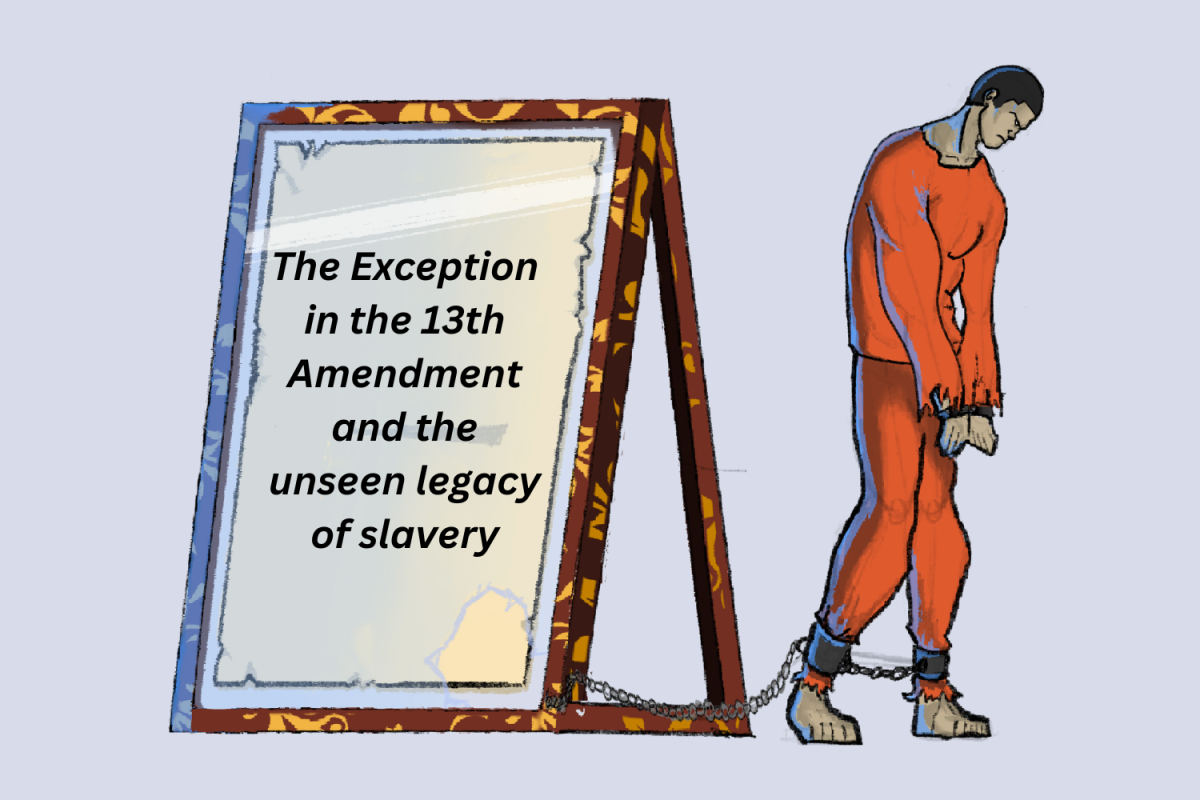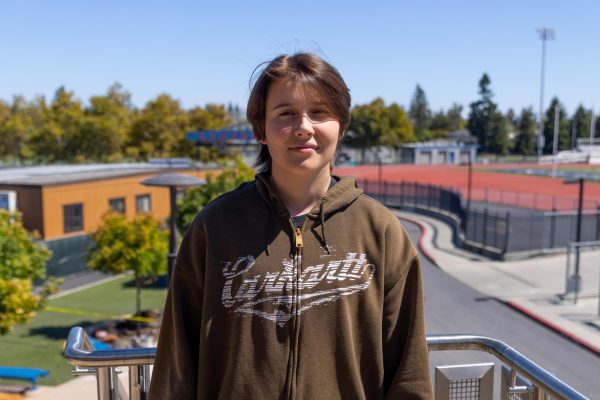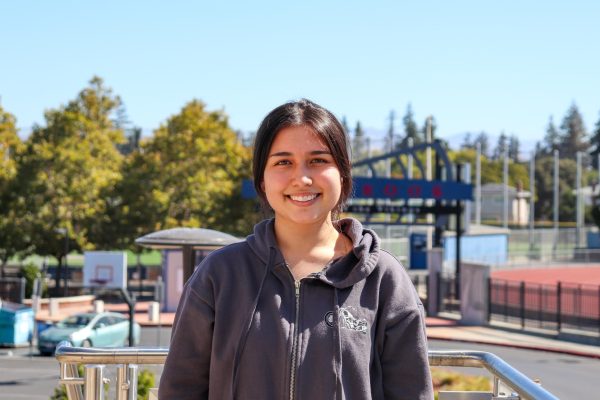What you need to know:
- Voters will cast their ballots for Sam Liccardo or Evan Low, running for the District 16 election, in November.
- The race comes after Anna Eshoo’s retirement announcement, after her 32 years of service in Congress.
- According to polling done by the University of Southern California, Liccardo holds an 11% lead.
In November, voters in parts of San Mateo and Santa Clara County will decide the outcome of a historic race for the 16th Congressional District in the House of Representatives, a district that encompasses parts of San Jose and Cupertino. The race sees former San José mayor Sam Liccardo and California Assemblymember Evan Low facing off for the first District 16 seat to open in 32 years as they compete to replace retiring Democratic Rep. Anna Eshoo. The district’s jurisdiction includes many in the Lynbrook community.
“I think it’s important to be aware of all the levels of politics around you, especially local politics,” said junior and Politics Club president Chelsea Guo. “Since local politics are going to be the ones closest to you, they will definitely affect you. So, it’s important to be involved or at least aware of the policies being passed on the local level because they targeted you directly.”
This race comes on the heels of Anna Eshoo’s retirement, who had made history as the first Democrat and woman to represent District 16 in the House of Representatives. During her 32-year tenure, Eshoo earned acclaim from other high-profile Democrats such as House Democratic leader Hakeem Jeffries, who honored her achievements in a statement after the announcement.
“Traditionally, when we think of engineers, it is a male-associated stereotype,” government teacher Jeffrey Bale said. “So to have a politician like Anna Eshoo who was very well-versed in technology, and who advanced that field in Washington, was, I think, important. She was able to become a major player in pushing for Silicon Valley’s interests in the capital.”
The general election match-up came after a primary election dominated by Democratic candidates, with only two out of 11 candidates being Republican. Liccardo held a firm first place, but the race for second place between Low and Santa Clara County Supervisor Joe Simitian was tense. In the weeks before the count finished, the candidate that held the lead fluctuated, before the count ended stagnant, with both candidates receiving 30,249 votes.

The rare tie drew national attention and created the possibility of three candidates in the general election. A recount was requested by Dan Stegnik and Jonathan Padilla, who live in San Mateo County and Santa Clara County, respectively. The recount, which concluded on April 30 in Santa Clara County and March 5 in San Mateo County, unearthed several more votes for both candidates — Low ultimately received 12 more votes and Simitian received seven more, sending Low into the general election race against Liccardo.
The recount request faced pushback from those who questioned Padilla’s motives. Each day the recount occurred, Padilla was required to pay $12,000 a day in both counties to fund the recount. Padilla was Liccardo’s former campaign manager, prompting Max Zarzana, a prosecutor and Santa Clara County Government Attorneys Association president, to file a complaint with the Federal Election Commission to hold Liccardo accountable for what Zarzana claims is evidence of a conspiracy. Through a post on X, Padilla says that he requested the recount to ensure that all legally cast ballots were acknowledged.
Prior to the recount’s completion, Low’s campaign issued a statement accusing Liccardo of being behind Padilla’s request, alleging that Liccardo tried to “subvert the will of the voters.” In a San José Inside editorial, Liccardo denied these claims, emphasizing the importance of recounts in close elections and the transparency of recount funding.
Both candidates have policies focusing on housing affordability, homelessness, cost of living, reproductive rights and environmental issues. As a House representative, the elected candidate will have the power to push for Congress to address these issues in ways that will affect their district and pass initiatives that will support their constituents. Both candidates’ priorities include education. On Low’s website, he emphasizes his history of increasing funding for students in public schools as a State Assembly member and promises to do the same in Congress.
Liccardo’s website boasts the education initiatives he helped bring to fruition during his time as mayor of San José, and his plans detail goals of enhancing child tax credit, increasing teacher pay and boosting funding for children with special education and tutoring.
“Even though we know a Democrat is going to win, they need to win over Republicans and independents as well,” Bale said. “When it comes to consistency of character, it’s likely that more conservative individuals will vote for Liccardo. Evan Low, at this point, is going to be the underdog. The first results show that Liccardo was able to capture much more of the vote, but it could go anywhere.”
As the election cycle approaches a conclusion in November, Low and Liccardo were set to face off in a debate moderated by NBC on Oct. 2 before Liccardo dropped out of the debate, citing voice loss from laryngitis. As of Sept. 21, according to polling done by the University of Southern California, Liccardo holds an 11% lead.


































































